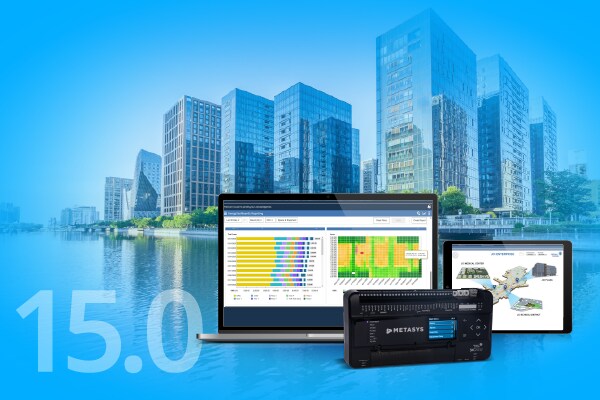- Johnson Controls
- Insights
- 3 Building Management Challenges You Shouldn’t Ignore
3 Building Management Challenges You Shouldn’t Ignore
Facilities management in the United Kingdom is undergoing a rapid transformation, driven by rising energy costs, evolving sustainability regulations and shifting workplace expectations. From NHS hospitals and university campuses to commercial office blocks and heritage sites, building operators face mounting pressure to deliver smarter, more efficient environments that meet both operational and environmental goals.
Yet many buildings still rely on fragmented systems and outdated processes that limit visibility and responsiveness. Without integrated data, predictive insights or scalable automation, facilities teams risk falling behind on energy performance, compliance and occupant experience. In this feature, we explore three critical challenges UK building managers must address to future-proof their operations—and how smart technologies like OpenBlue and Metasys can help overcome them.

Are you addressing these 3 critical building management system challenges?
Facilities teams across the United Kingdom are under increasing pressure to optimise building performance while balancing cost reduction, sustainability and occupant wellbeing. Traditional management approaches often fall short of modern expectations, especially as building portfolios become more complex and data-driven.
To ensure long-term success in smart building management, facilities professionals must confront three fundamental challenges head-on.
1. Lack of a unified view of facility data
Facilities managers frequently struggle to identify improvement opportunities across their estates without a comprehensive, integrated view of operations. Many organisations operate with fragmented systems – from energy management platforms to maintenance logs and space utilisation tools – resulting in data silos that limit visibility and hinder performance.
The consequences of disconnected data are significant:
- Energy inefficiencies remain unnoticed until utility bills arrive
- Maintenance schedules follow fixed calendars rather than actual equipment needs
- Space utilisation patterns are unclear, leading to underused assets and unnecessary costs
- Carbon emissions tracking becomes manual and prone to error
Without a unified view, facilities managers cannot benchmark performance across sites, identify best practices or implement improvements at scale. A recent Forrester Consulting Total Economic Impact™ study commissioned by Johnson Controls in April 2025 highlighted this issue. A workplace technology architect from a pharmaceutical organisation noted, "Our facilities managers only had insights as to how much energy their buildings used once they got the bill, which was way too late to do anything about it." This reactive approach limits operational efficiency and strategic impact.
Solutions like OpenBlue and Metasys offer integrated platforms that unify data across systems, enabling proactive decision-making and portfolio-wide optimisation.
2. Competitive pressures around sustainability and smart technology
The commercial property landscape has changed dramatically. Smart building capabilities and sustainability credentials have shifted from optional enhancements to essential requirements. Facilities managers now face growing pressure to:
- Reduce operational costs without compromising service quality
- Meet increasingly ambitious sustainability targets
- Achieve certifications that matter to tenants and investors
- Keep pace with rapid technological innovation in building systems
Corporate tenants routinely seek buildings with smart features and green certifications to attract premium occupants. Properties lacking these credentials often command lower rental rates and face higher vacancy levels compared to certified counterparts.
According to the Forrester study, buildings with green certifications and smart technology credentials can achieve rental premiums of 4% and 8%, respectively, for a composite organisation representative of those interviewed. Without a clear strategy to secure these certifications, organisations risk falling behind competitors and seeing asset values decline.
Johnson Controls supports UK property owners and managers with sustainability-focused solutions and smart building technologies that help meet regulatory standards, improve performance and enhance market appeal.
3. Shifts in workplace culture impacting space utilisation
The COVID-19 pandemic fundamentally reshaped workplace expectations and space utilisation across the UK. Hybrid working models have become the standard rather than the exception, presenting new challenges for facilities managers tasked with balancing flexibility, efficiency and employee experience.
This cultural shift has introduced several operational complexities:
- Unpredictable occupancy levels and peak usage times
- Unclear allocation between collaborative and individual workspaces
- Difficulty in right-sizing property portfolios for hybrid teams
- Pressure to create engaging environments that encourage staff to return to offices
Without accurate data on how spaces are actually used, facilities managers struggle to make informed decisions about real estate needs. Many organisations continue to pay for underutilised office space, while others lack sufficient collaborative areas when staff are onsite. The Forrester Consulting study commissioned by Johnson Controls found that a composite organisation achieved nearly 22% savings on leased real estate, representing millions in avoidable costs for large enterprises.
As hybrid work patterns evolve, facilities teams need advanced tools to monitor utilisation while respecting occupant privacy, and to adapt space configurations to meet real-world needs. Without these capabilities, organisations risk financial inefficiencies and diminished employee satisfaction.
How smart building technology addresses these challenges
Smart building platforms like OpenBlue are designed to overcome these hurdles by integrating data from multiple sources – regardless of vendor – to provide a comprehensive view of building operations. The Forrester study revealed that OpenBlue’s streamlined approach delivered up to 155% ROI for a composite organisation, combining energy savings, reduced chiller maintenance costs, real estate savings and rental premiums.
OpenBlue empowers facilities teams with unified operational insights, enabling them to identify inefficiencies, benchmark performance across sites and implement improvements at scale. It also supports key smart building and sustainability certifications that enhance appeal to premium tenants. With precise workspace utilisation metrics, organisations can optimise their property portfolios for hybrid working, reducing costs while improving the employee experience.
By addressing these critical challenges, OpenBlue helps building operators shift from reactive management to strategic leadership. This evolution delivers measurable value through improved efficiency, sustainability and occupant wellbeing – now and into the future.

Unlock significant efficiency with OpenBlue
Read the full Forrester Consulting study to discover how OpenBlue can enhance building efficiency and help attract premium tenants
Download the study


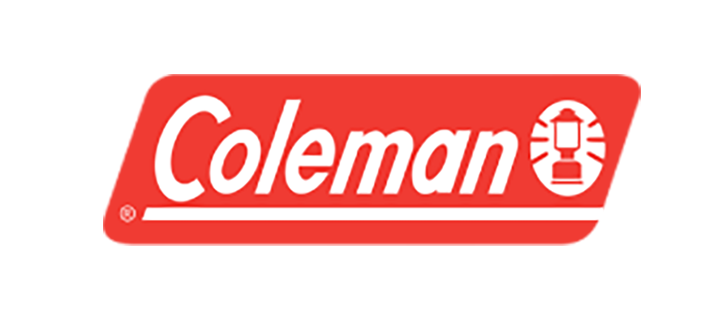


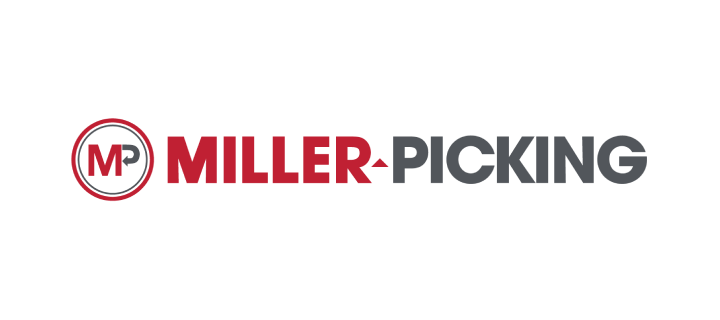



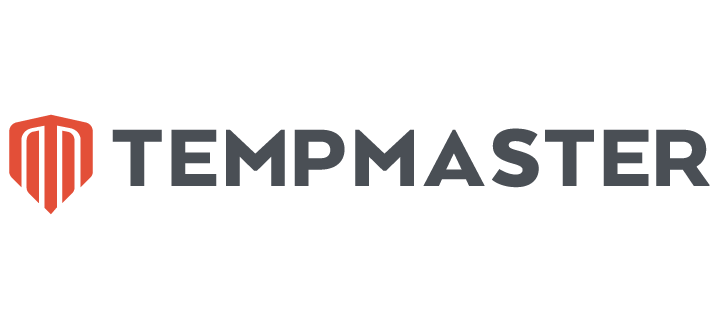

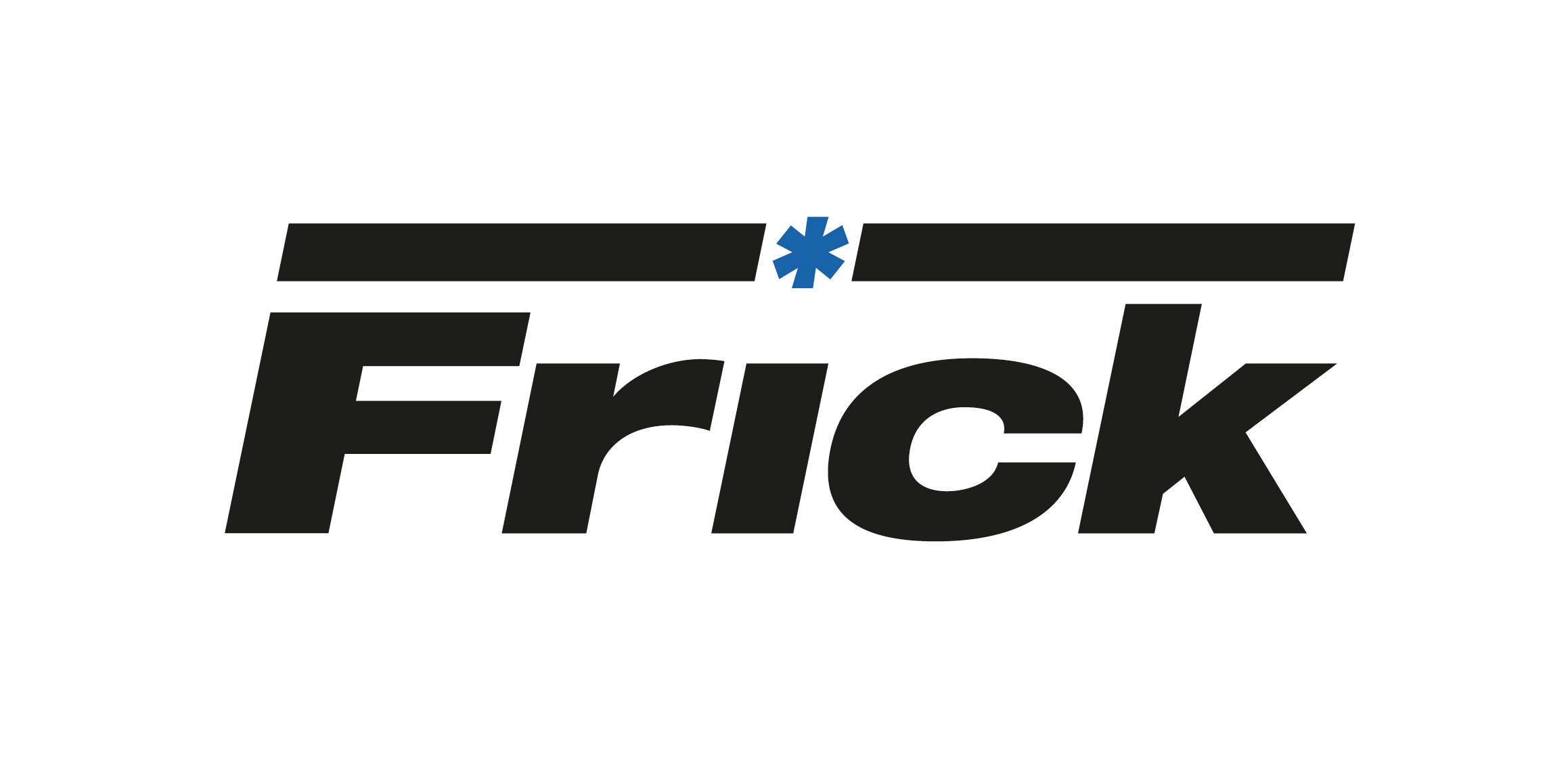
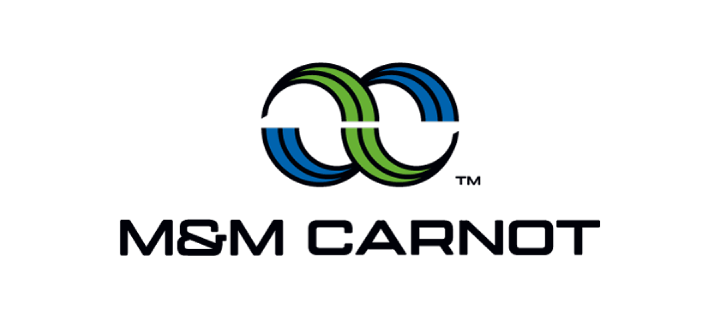


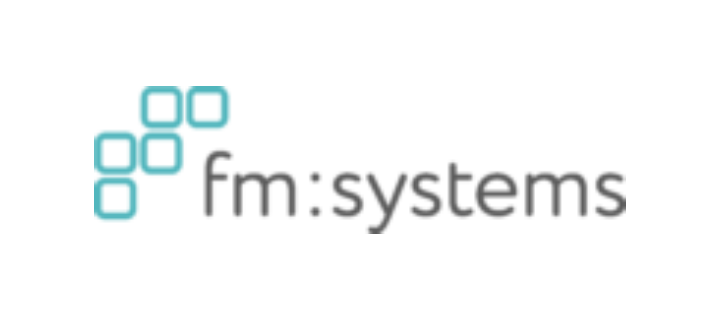



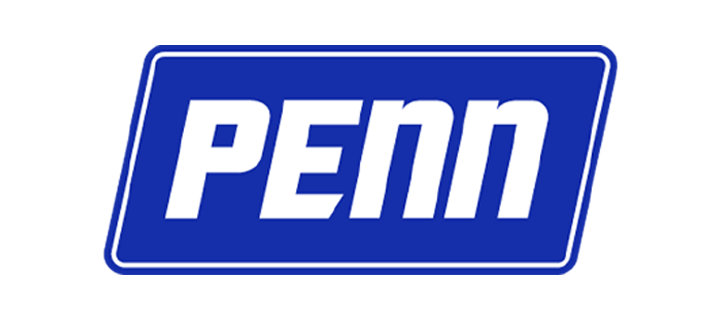

.jpg?la=en&h=320&w=720&hash=244C75B74F0F77521D56164450973BCD)
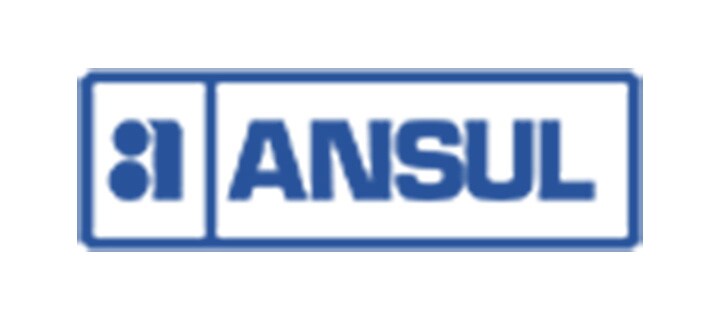
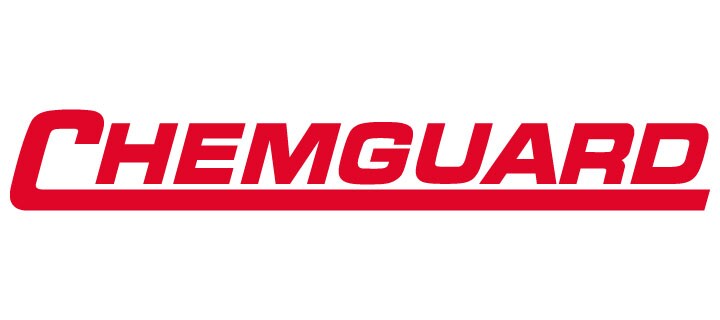
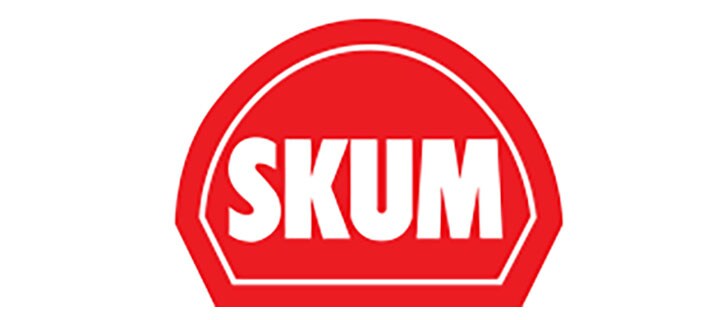

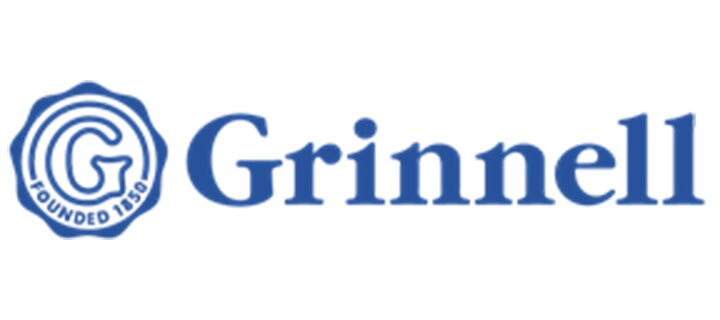
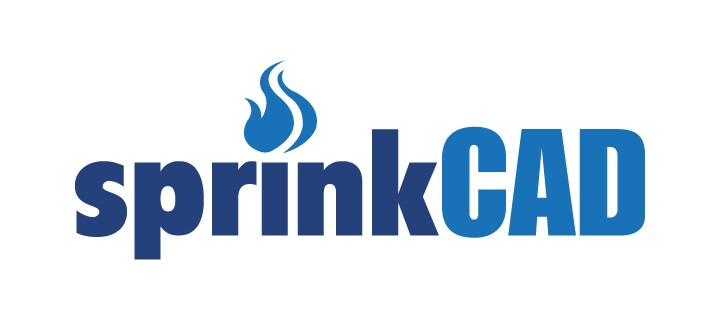
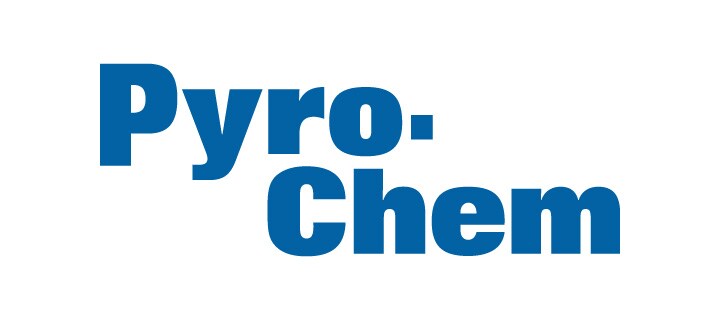







.jpg?la=en&h=310&w=720&hash=8D9823F26AA80B2B75C3E4B2E61770DC)


.jpg?la=en&h=320&w=719&hash=13CA7E4AA3E453809B6726B561F2F4DD)
.jpg?la=en&h=306&w=720&hash=F21A7CD3C49EFBF4D41F00691D09AEAC)

.png?la=en&h=320&w=720&hash=18CFCCD916C92D922F600511FABD775D)















